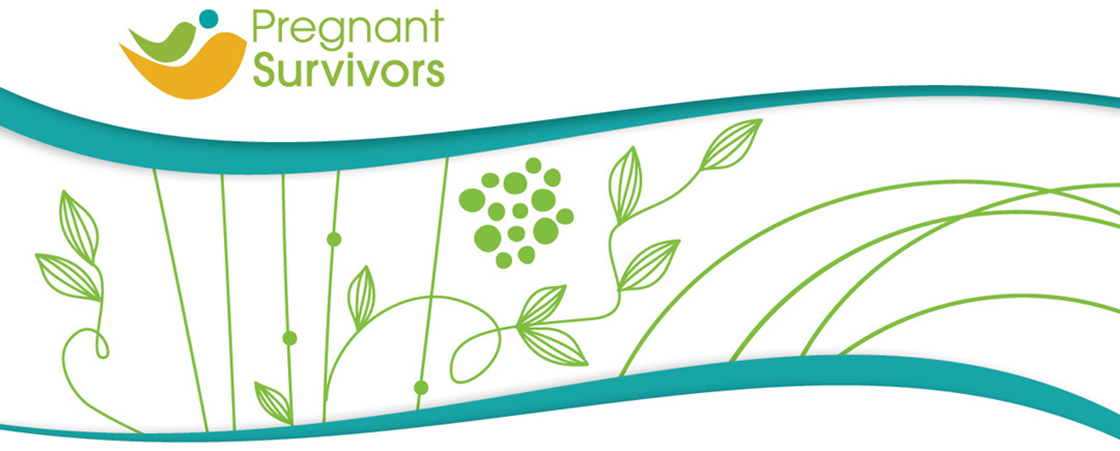“These ways of working help us to make connections and come up with solutions with other community partners who have different perspectives. It helps us be more effective in dealing with our crimes because we can understand where the victim is coming from.”
–Detective Sergeant Sean Crisp, Whatcom County Sheriff’s Office
Whether you are a patrol officer, a school resource officer, a training officer, or an investigator following up on cases of intimate partner violence or sexual assault, you are an important part of a community “safety net” for pregnant and parenting survivors.
Law enforcement may be the only point of contact for help for women and teens in abusive relationships. Police officers developed these strategies to create practical tools to enhance the safety of pregnant women and teens or those who have babies. These practice guidelines will help you:
- Obtain and provide training
- Enhance your response to domestic violence and sexual assault crimes
- Help victims feel safe and supported
- Know where to refer survivors for services – to help them, and to make your job a bit easier
You may wish to start with the Overview for this Toolkit, and then move on to this section, which is specially designed to apply to law enforcement.
- Introduction to this Section
- Train
- Prepare
- Refer
Pregnant Survivors Practice Guidelines – Law Enforcement (pdf)
